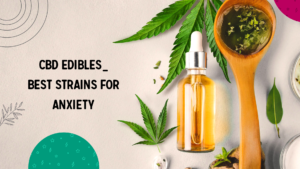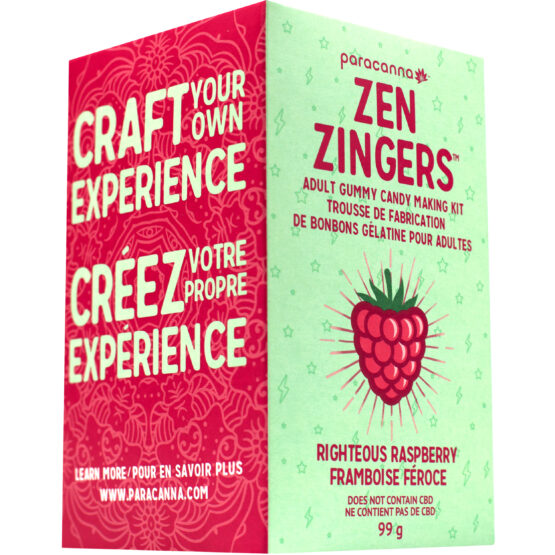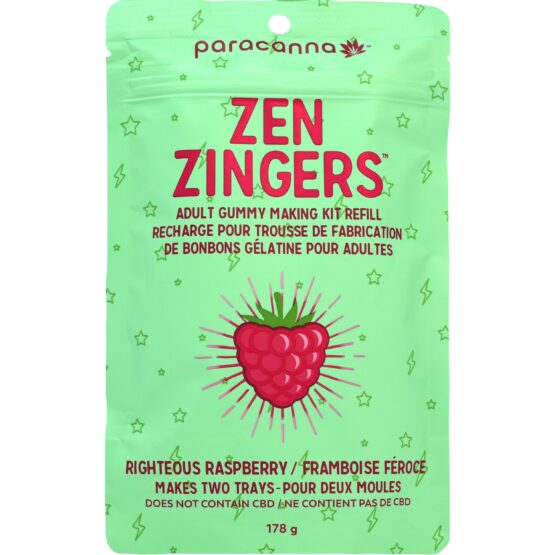

Exploring Hemp Seed Oil: A Historical and Modern Perspective
Hemp seed oil, often referred to as hemp oil, is derived from the seeds of the hemp plant. Its growing popularity is noticeable in various sectors, particularly as a dietary supplement and a key ingredient in skincare and cosmetic products.
A Brief History of Hemp
Hemp has been cultivated for thousands of years, primarily for its fiber, which was historically used in the production of clothing, paper, and numerous other items. The use of hemp seed oil can be traced back to ancient civilizations, reflecting its longstanding presence in various cultural practices.
Hemp’s Journey Through Time
In the 20th century, hemp faced legal challenges in many countries due to its association with marijuana. However, recent changes in legislation in several regions have led to a resurgence in the cultivation and use of hemp, bringing hemp seed oil back into the spotlight.
Hemp Seed Oil: A Nutritional Overview
Hemp seed oil is known for being rich in essential fatty acids, including omega-3 and omega-6. These fatty acids are recognized for their importance in a balanced diet. Additionally, hemp seed oil is a source of protein and contains essential amino acids, making it a consideration for those on plant-based diets.
It also contains vitamins and minerals such as vitamin E, magnesium, and zinc. These nutritional aspects contribute to its appeal as an ingredient in various products.
Considering Hemp Seed Oil for Pets
For pet owners thinking about incorporating hemp seed oil into their pet’s regimen, it’s crucial to consult with a veterinarian. This ensures that any use of hemp seed oil is tailored to the specific needs and health conditions of the pet.
A Look at Hemp Seed Oil's Versatility
Hemp seed oil’s growing use in diverse fields reflects an interest in exploring alternatives to traditional products and practices. Its historical significance and modern applications show a continued curiosity in the potential uses of natural ingredients.
Recent reviews
-
 Refill Mixed 6 Pack
Rated 5 out of 5by tara blazek
Refill Mixed 6 Pack
Rated 5 out of 5by tara blazek -
 Refill Mixed 6 Pack
Rated 5 out of 5by facepersonface
Refill Mixed 6 Pack
Rated 5 out of 5by facepersonface
Recent Articles
Featured Products
-

Righteous Raspberry Gummy Making Kit
Rated 5.00 out of 5$24.99 Add to cart -

Righteous Raspberry Gummy Mix Refill
Rated 4.85 out of 5$18.99 – $68.37 Select options This product has multiple variants. The options may be chosen on the product page



